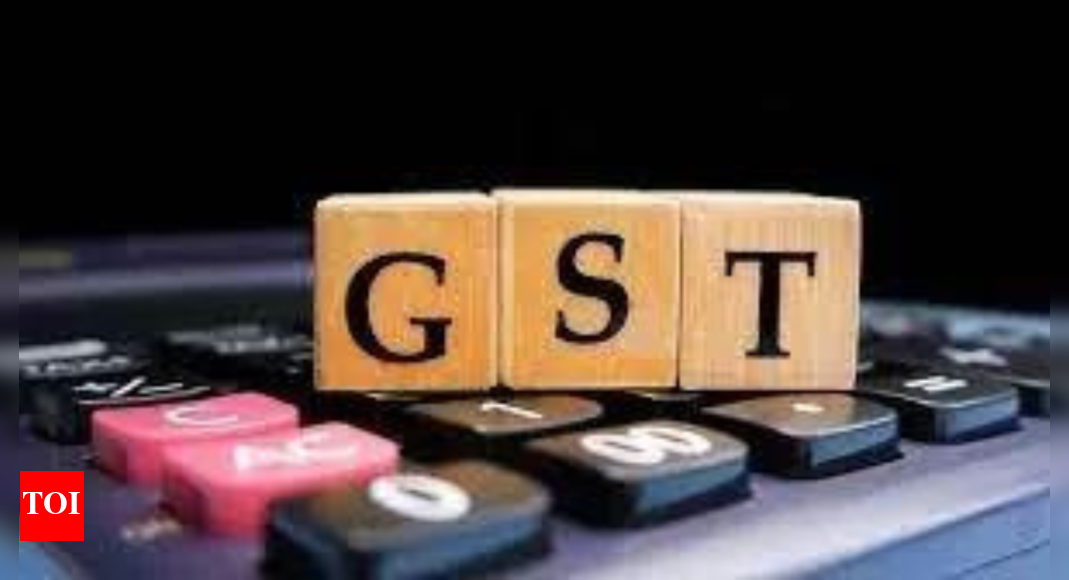Domestic consumption would be strengthened after the government’s proposed GST rationalisation, offering crucial support to the economy as it braces for the impact of the US’s 50 per cent duty on Indian imports, according to various economists quoted by Economic Times. “At a time where consumption demand has been uneven and felt pressure from high inflation and low nominal wage growth over the last couple of quarters, the proposed GST reforms are a positive, especially for essentials, aiding consumption by the lower and middle income class,” said Sakshi Gupta, principal economist at HDFC Bank.QuantEco Research economist Yuvika Singhal said, “Any kind of reduction in taxes is positive for consumption as it leaves higher disposable income in the hands of consumers.” Prime Minister Narendra Modi’s Independence Day address on Friday emphasised that GST reforms would benefit MSMEs, local vendors and consumers. The proposed rationalisation will cover a wide range of goods, from household appliances such as refrigerators and air conditioners to packaged foods and medical supplies. “It’s a much-needed development, and GST rationalisation is the need of the hour, apart from other reforms,” said Paras Jasrai, associate director at India Ratings and Research (Ind-Ra). According to reports, the Centre is considering a two-slab structure—retaining the 5 per cent and 18 per cent rates while scrapping the 12 per cent and 28 per cent slabs. “With indirect taxes having a wider reach, GST reforms can deliver a stronger boost,” said Gaura Sengupta, chief economist at IDFC First Bank. “Rural consumption is improving but not broad-based enough to offset weak urban demand, so a fiscal push was needed—and these reforms provide that.”Domestic and international considerations Jasrai noted that reduced tax rates would significantly lift consumption at a time when external demand faces pressure from tariffs. US President Donald Trump’s 50 per cent tariff on Indian imports, which includes a 25 per cent penalty on Russian oil, has already led the IMF and World Bank to downgrade global growth projections. Still, economists stressed that India’s internal demand remains a key strength. “Since domestic consumption makes up a larger share of the economy, India will remain resilient despite global headwinds,” said Singhal. Sengupta projected that increased spending could add 0.6 percentage points to nominal GDP growth over the next 12 months. HDFC Bank’s Gupta said consumer durables could see a lift if GST rates are reduced on items like ACs and TVs. “A more notable impact could also be seen for demand for two-wheelers and cars if the current GST rate of 28% is reduced to 18%,” she added. Singhal said FMCG companies, in particular, stand to gain, depending on how and when the reforms are implemented.


